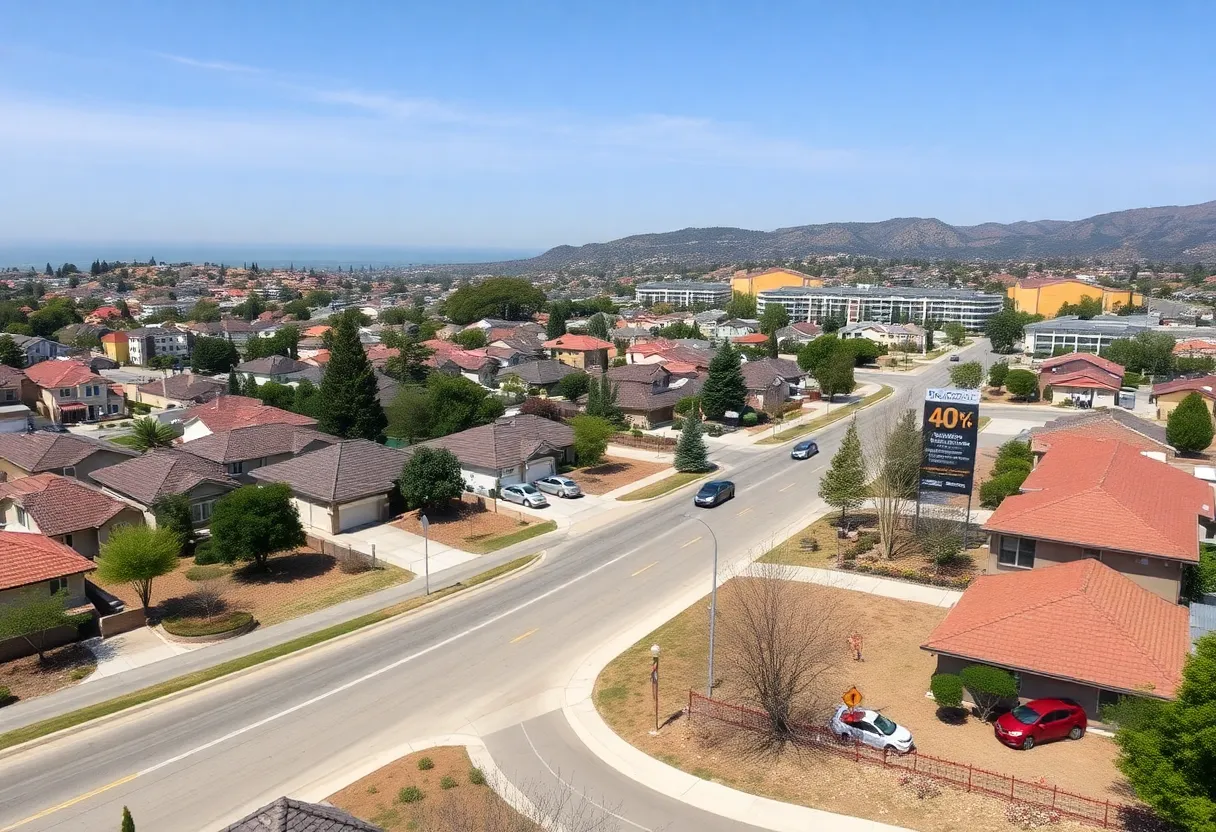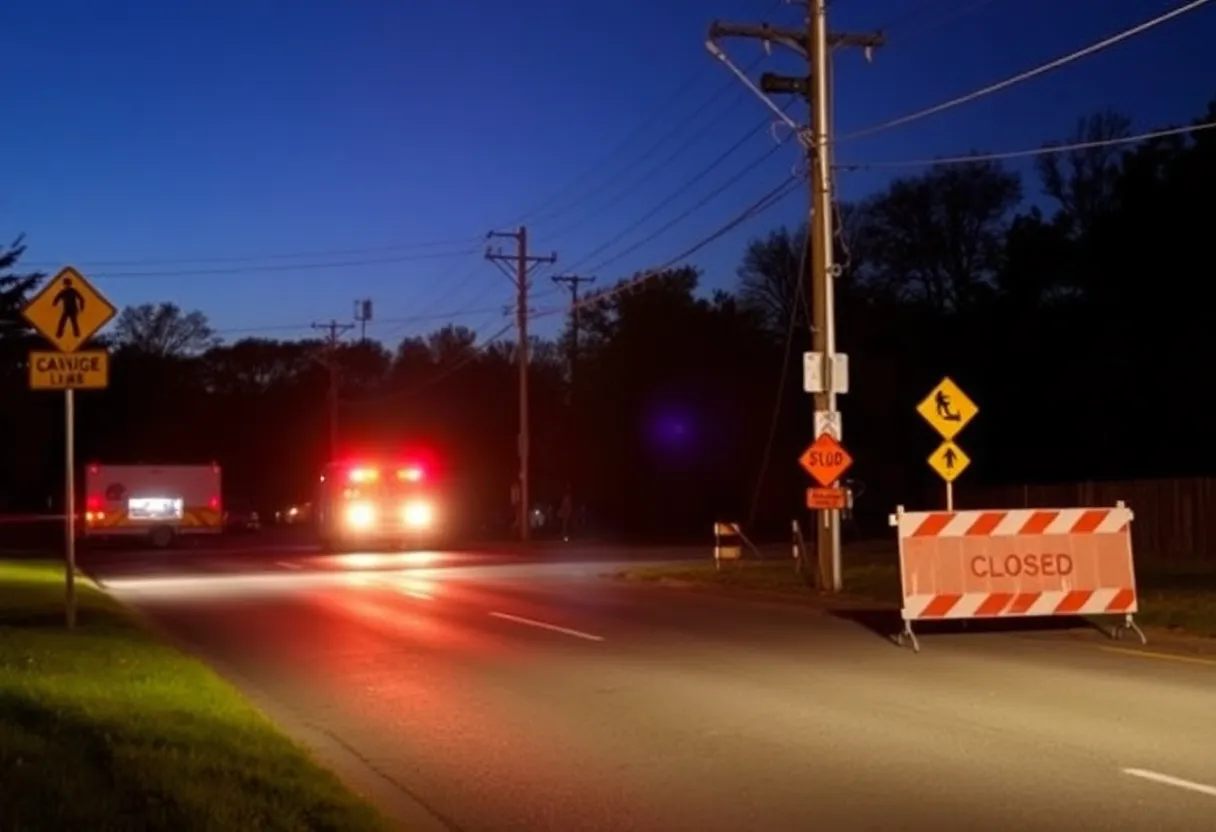News Summary
Residents near Saddleback College are opposing Compass Energy Storage’s plan for a 250-megawatt lithium battery storage facility due to safety concerns, especially regarding wildfire risks. The proposed site raises community fears after a recent fire incident at a Northern California facility. Critics also point to Saddleback Church’s failure to engage the community adequately before selling the land. In response, Compass Energy assures that safety measures are being prioritized, while advocates highlight potential economic benefits. A public meeting is set for residents to voice their concerns.
California – Residents in nearby communities are openly opposing a plan for a lithium battery storage plant proposed by Compass Energy Storage near Saddleback College. The project suggests the construction of a 250-megawatt battery energy storage system on 13 acres acquired from Saddleback Church and is situated adjacent to the 5 Freeway and Camino Capistrano in San Juan Capistrano.
Local homeowners are raising concerns about the potential safety hazards associated with the development—especially regarding wildfire risks. This area is situated at the bottom of a hill, and residents worry that during wildfires, smoke and toxic substances could easily spread from the installation. Recent incidents in California, such as a fire at a lithium-ion battery storage facility in Northern California in January 2025 that led to evacuations, have heightened fears about fire safety. Reports indicate such fires are notably difficult to extinguish, with one facility in San Diego burning for over 14 consecutive days.
The uproar surrounding the project includes criticism directed at Saddleback Church for not sufficiently engaging the community in discussions pertaining to the development. Many residents feel that the church, which is known for its principle of “Love thy neighbor,” should have involved the community more actively prior to selling the land.
In response to the opposition, Brett Kotrba, a member of the Pastor Leadership Team at Saddleback Church, clarified that the church is not part of the land-use approval decisions, reiterating the commitment to thoroughly investigate various health, safety, and environmental concerns linked to the project. Meanwhile, Compass Energy Storage’s owner, ENGIE, has assured all safety protocols will be strictly followed and emphasized that the project adheres to local and state regulations, incorporating fire safety measures in its design.
Despite community apprehensions, the proposal touts potential economic advantages, forecasting over $50 million in benefits. The plan has garnered backing from a coalition comprising the Orange County Business Council and the Orange County Hispanic Chamber of Commerce, who highlight the project’s ability to create jobs and bolster local energy infrastructure.
To facilitate public discourse regarding the proposed battery storage facility, the California Energy Commission has scheduled an information and environmental scoping meeting. This platform aims to gather community input, allowing residents to voice their concerns before any decisions are finalized. The involvement of residents in this discussion is vital to addressing their inquiries and hesitations.
In relevant developments, Eos Energy Enterprises is working on a separate project in Northern California that will feature non-lithium battery storage technology as part of a tribal microgrid initiative for the Paskenta Band of Nomlaki Indians. This microgrid will integrate solar energy, fuel cells, and diesel generators, with full commissioning expected in the latter half of 2026. Furthermore, it marks a shift in technology focus, aiming to improve energy independence without the risks associated with lithium batteries.
In an effort to improve safety and oversight, the California Public Utilities Commission has advanced comprehensive regulations for energy storage systems for the first time. These regulations will encompass operational standards, maintenance protocols, and incident reporting requirements, designed to ensure that safety and environmental considerations take precedence in future projects.
As the situation surrounding the lithium battery storage plant unfolds, community members, local officials, and the energy sector are encouraged to stay informed and engaged in the progression of the proposal, ensuring that the interests of all stakeholders are regarded.
Deeper Dive: News & Info About This Topic
- ABC7 News
- Wikipedia: Lithium-ion Battery
- Microgrid Knowledge
- Google Search: battery storage California
- Solar Builder
- Google Scholar: battery storage regulations California
- OC Register
- Encyclopedia Britannica: Battery
- My News LA
- Google News: lithium battery storage California








